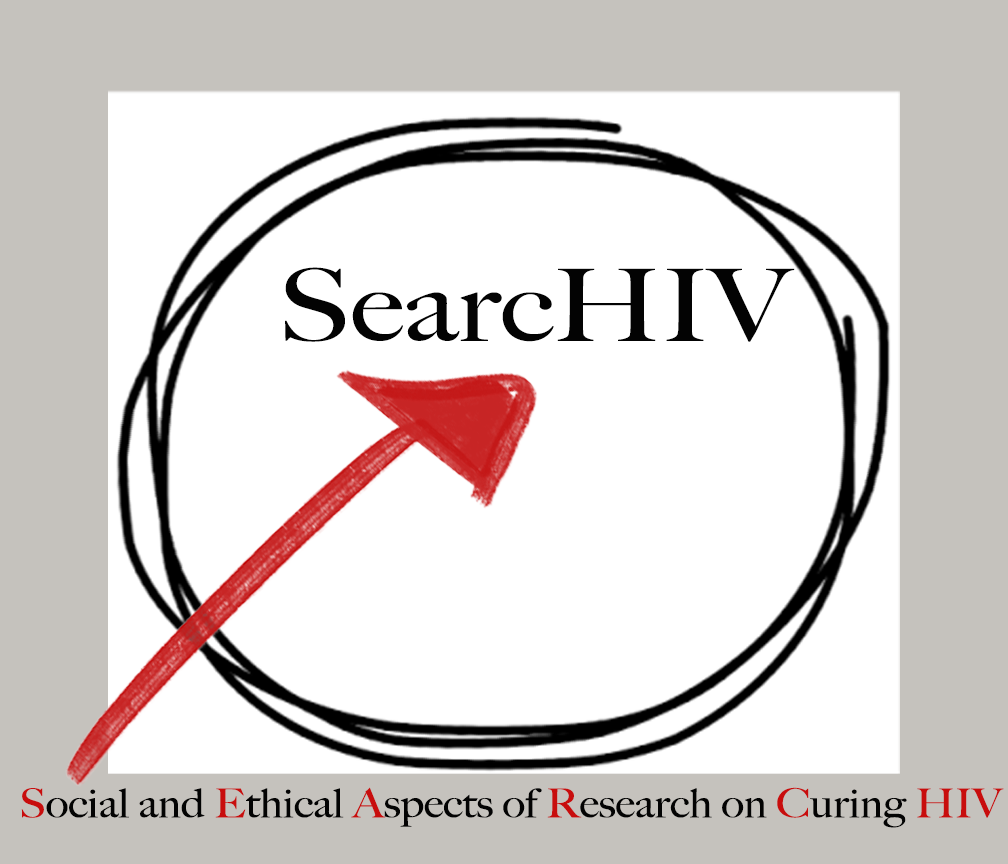by Joseph Tucker, MD, PhD and Adam Gilbertson, PhD
HIV cure research has expanded by leaps and bounds in the past ten years. There is no doubt about the progress in terms of laboratory science and overarching strategies. But how is and how should this momentum towards an HIV cure translate into existing health policies? This is the topic of our recent health policy manuscript in the journal BMC Infectious Diseases. Bringing together members of the searcHIV team and the World Health Organization, this piece examines how the momentum towards an HIV cure has started to influence policies, programs, and communications.
The policy implications of HIV cure are underlined in statements from the United States National Institutes of Health, the International AIDS Society, and a range of major HIV organizations that suggest HIV cure research should be a strategic priority. However, these HIV cure policy priorities have generally been in high-income nations, far afield from regions that have been most affected by HIV. Moving forward, will these research priorities extend to policies issued by low and middle-income countries? The People’s Republic of China has launched several HIV cure research projects, but the HIV cure research field remains relatively young there.
Several types of HIV programs may benefit from increased attention to HIV cure research. In particular, programs focused on early detection of HIV are critical for HIV cure research. Individuals diagnosed and treated with ART during acute HIV infection tend to have smaller viral reservoirs. Consequently, it may prove easier to induce remission in them, or potentially cure them. Recognizing these possibilities, many research trials have focused on recruiting recently infected individuals. While there are still many barriers to identifying and treating individuals with acute HIV infection, HIV cure research may provide another strong reason to increase acute HIV detection programs.
Finally, the movement towards an HIV cure has influenced messaging. The incurability of HIV has been a theme of many HIV messages and will need to be softened or re-considered as the science advances. At the same time, HIV messaging will need to be careful about ensuring adherence and retention in the HIV cascade. Since a cure for HIV will not likely bring about an end to the epidemic, HIV prevention and treatment will still need to feature prominently in future strategies.


One Response to “HIV Cure and Health Policy”
Anonymous
In terms of whether HIV can be treated, I think it’s just about time. by antibody libraries